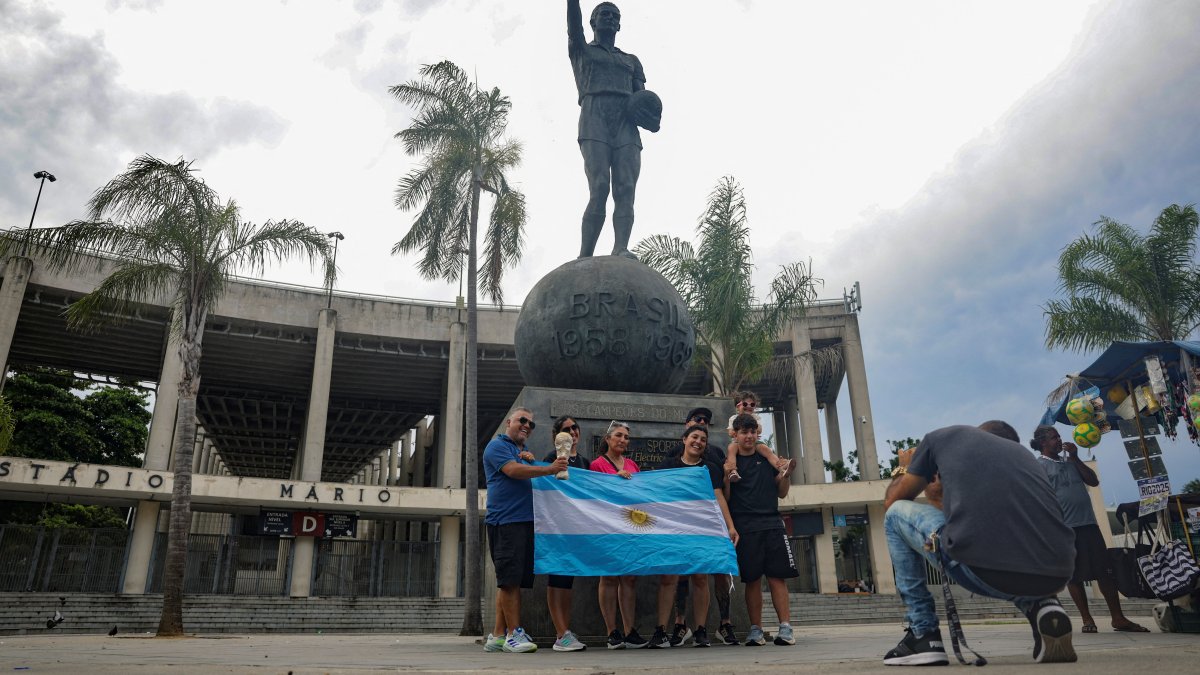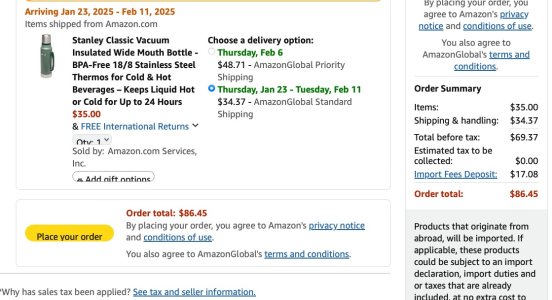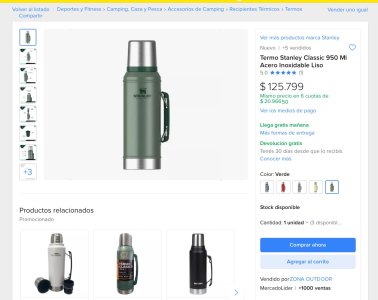Another article that talks about the dearly high prices in Argentina.
"Argentina became expensive," said Buenos Aires-based economist Marina Dal Poggetto from consultancy EcoGo, estimating pesos were in real terms three times stronger now than in mid-2023 when the country was the cheap destination in the region. At the same time, Brazil's real currency has fallen to a record low.
Argentine prices for some goods have long been distorted by currency controls and high taxes, but now almost everything is more expensive.
A McDonald's Big Mac – often used as a playful index of local prices – sells for up to 7,600 pesos in Argentina ($7.37 at the official exchange rate), versus some $4.49 in Brazil, $5.56 in Mexico or $6.89 in Brooklyn, New York. Prices do vary between outlets even within the same city.
"I just bought one of my kids a pair of ankle boots here at Nike and I paid around $25. Back home you're talking the same shoes costing $100 to $150," said Argentine Melanie Galarza at a mall in Santiago.
Reuters saw a popular Stanley brand thermos for sale in Santiago for 55,000 Chilean pesos ($56) versus 140,000 Argentine pesos in Buenos Aires ($135). A luxury box of Lancome makeup and face creams costs about $160 in Chile versus an eye-watering $726 in Argentina.
The trend is a potential headache for the government, which is trying to keep depleted reserves in the country. Argentina's service sector deficit spiked in October, driven by travelers spending on tickets and purchases overseas. The strong peso also ramps up pressure to devalue.
"It's so expensive here," said Cecilia Cugnaso, getting ready to depart for Brazil from an airport in Buenos Aires. "In Argentina, everything you buy is expensive. Brazil is practically half the price."

 www.dailysabah.com
www.dailysabah.com
"Argentina became expensive," said Buenos Aires-based economist Marina Dal Poggetto from consultancy EcoGo, estimating pesos were in real terms three times stronger now than in mid-2023 when the country was the cheap destination in the region. At the same time, Brazil's real currency has fallen to a record low.
Argentine prices for some goods have long been distorted by currency controls and high taxes, but now almost everything is more expensive.
A McDonald's Big Mac – often used as a playful index of local prices – sells for up to 7,600 pesos in Argentina ($7.37 at the official exchange rate), versus some $4.49 in Brazil, $5.56 in Mexico or $6.89 in Brooklyn, New York. Prices do vary between outlets even within the same city.
"I just bought one of my kids a pair of ankle boots here at Nike and I paid around $25. Back home you're talking the same shoes costing $100 to $150," said Argentine Melanie Galarza at a mall in Santiago.
Reuters saw a popular Stanley brand thermos for sale in Santiago for 55,000 Chilean pesos ($56) versus 140,000 Argentine pesos in Buenos Aires ($135). A luxury box of Lancome makeup and face creams costs about $160 in Chile versus an eye-watering $726 in Argentina.
The trend is a potential headache for the government, which is trying to keep depleted reserves in the country. Argentina's service sector deficit spiked in October, driven by travelers spending on tickets and purchases overseas. The strong peso also ramps up pressure to devalue.
"It's so expensive here," said Cecilia Cugnaso, getting ready to depart for Brazil from an airport in Buenos Aires. "In Argentina, everything you buy is expensive. Brazil is practically half the price."

Hurt by high prices, Argentines seek cheaper goods abroad
In the shopping malls of the Chilean capital and the famous beaches of Brazil, Argentines are looking to snap up various goods, from clothes to...





